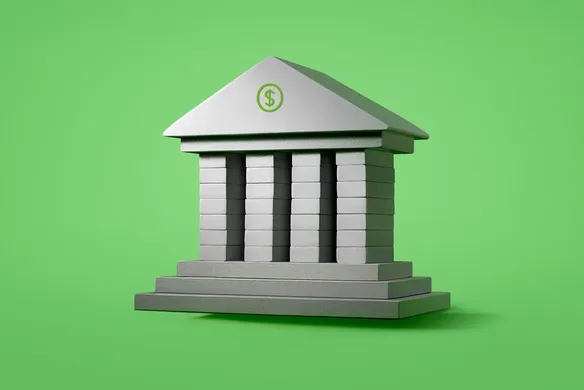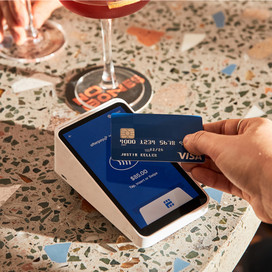Table of contents
Getting your own business up and running is both exciting and nerve-wracking, yet deeply rewarding as it enables you to be your own boss and build upon something you’re truly passionate about.
Until mid-2020, there were 2,422,404 actively trading businesses in the Australian economy with 2% increase in the number of new businesses in the period of 2019-2020. For those just starting out, a business loan can help to cover the general costs associated with establishing a new venture. For established businesses, business loans can help your business grow and expand.
Business loan eligibility and application checklist
If you’re considering applying for financing, follow the eligibility checklist below:
1. Your credit score
One of the first things lenders will assess when considering your application is your personal credit history which includes details of past defaults, any outstanding debts and information on your general expenditures and income.
Though your personal spending habits may not be business related, they are seen as a direct reflection of your financial capability and how likely you are to meet your repayments. If you are already managing an existing business, its credit score will also be assessed.
The importance of your credit score can vary from lender to lender. You can easily check your credit score by visiting finder.com.au. It’s important you’re aware of your credit score before applying for a loan, as a rejected application can also reflect poorly on your history.
2. Minimum revenue
Depending on the type of business loan you’re applying for, your earnings will almost always be taken into account.
The minimum revenue required to secure financing will depend on how much you’re requesting to borrow. A line of credit loan may demand a minimum revenue of $200,000 to qualify, whereas an equipment loan may not even take your earnings into consideration.
Know your lender’s minimum requirements before lodging an application to help prevent an automatic rejection if you’re not within the threshold.
3. Business plan
Having a well thought-out business plan is essential for any loan application. It demonstrates a clear roadmap towards future growth backed by financial data, research and product strategy.
A business plan proves to a lender how your business will generate enough cash flow to cover ongoing expenses and maintain future loan repayments. It also outlines how you plan on spending the money.
Details typically included in a business plan include a description of the company, product or service, a management outline, SWOT analysis, industry analysis and a sales or marketing strategy.
If a lender feels confident in your business as a whole, they will be more inclined to approve your loan application, so the effort of compiling a solid business plan is worth the reward.
4. Collateral
Collateral is one of the most important considerations when attempting to qualify for a business loan. Banks or lenders will look more favourably on borrowers who are able to pledge secure assets such as a house or business property which can be forfeited in the event of a default.
Secured loans are borrowed against collateral, and therefore offer more competitive rates, but if you’re unable to keep up with repayments, your assets can be claimed by the lender.
If you’re offering property as collateral, you will need to provide detailed information such as its date of purchase and current market value. Collateral preferences may vary from lender to lender based on their own business interests, so make sure you consider this before offering up your assets.
Unsecured loans enable you to borrow without collateral. However, they may be subject to stricter lending criteria.
Every business is different. Some may require a little more effort than others to set the wheels in motion and keep them turning, yet the satisfaction that comes from running a successful business makes it a truly rewarding process.
How Square Loans could help small businesses
Square Loans is here to help you grow your business with the funding your business needs. Find out about the benefits of getting a small business loan with Square Loans.
* One simple loan fee
With Square Loans, there’s just one simple loan fee and no ongoing interest. No personal collateral, like your home or car, is required for loans up to $75,000.
* Automated repayment
No payment schedule is required with automated repayment with a percentage of your daily card sales through Square. This means repayment matches your business’s cash flow – you pay more when business is strong and less if things slow down.
* Simple and quick
When applying for Square Loans, there are no long forms to fill out and it won’t affect your credit rating. You will be notified if you’re approved right away and receive money in your account as soon as the next business day.
Remember, this article does not constitute financial advice – if you have questions about securing a loan for your business, please consult a professional.
![]()











